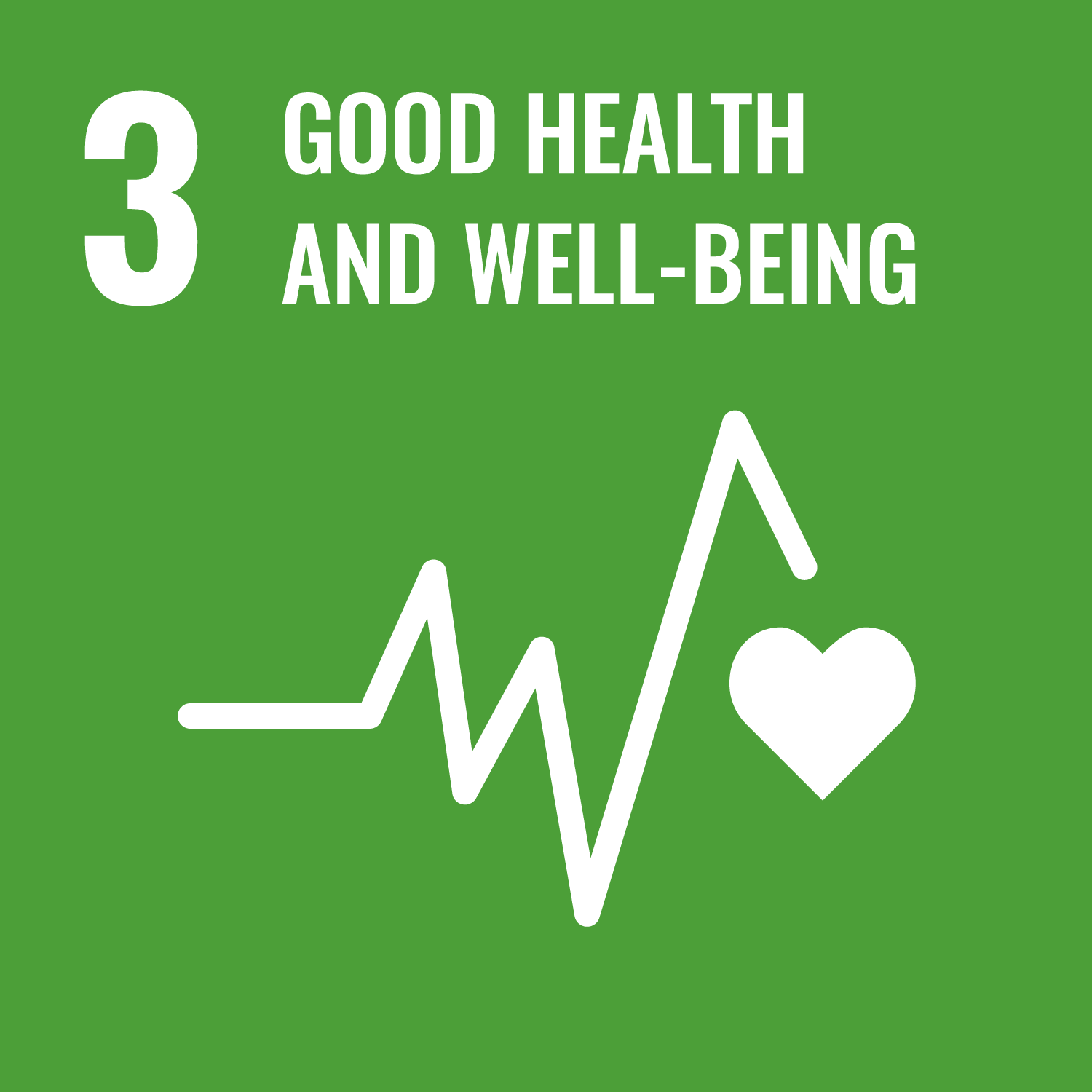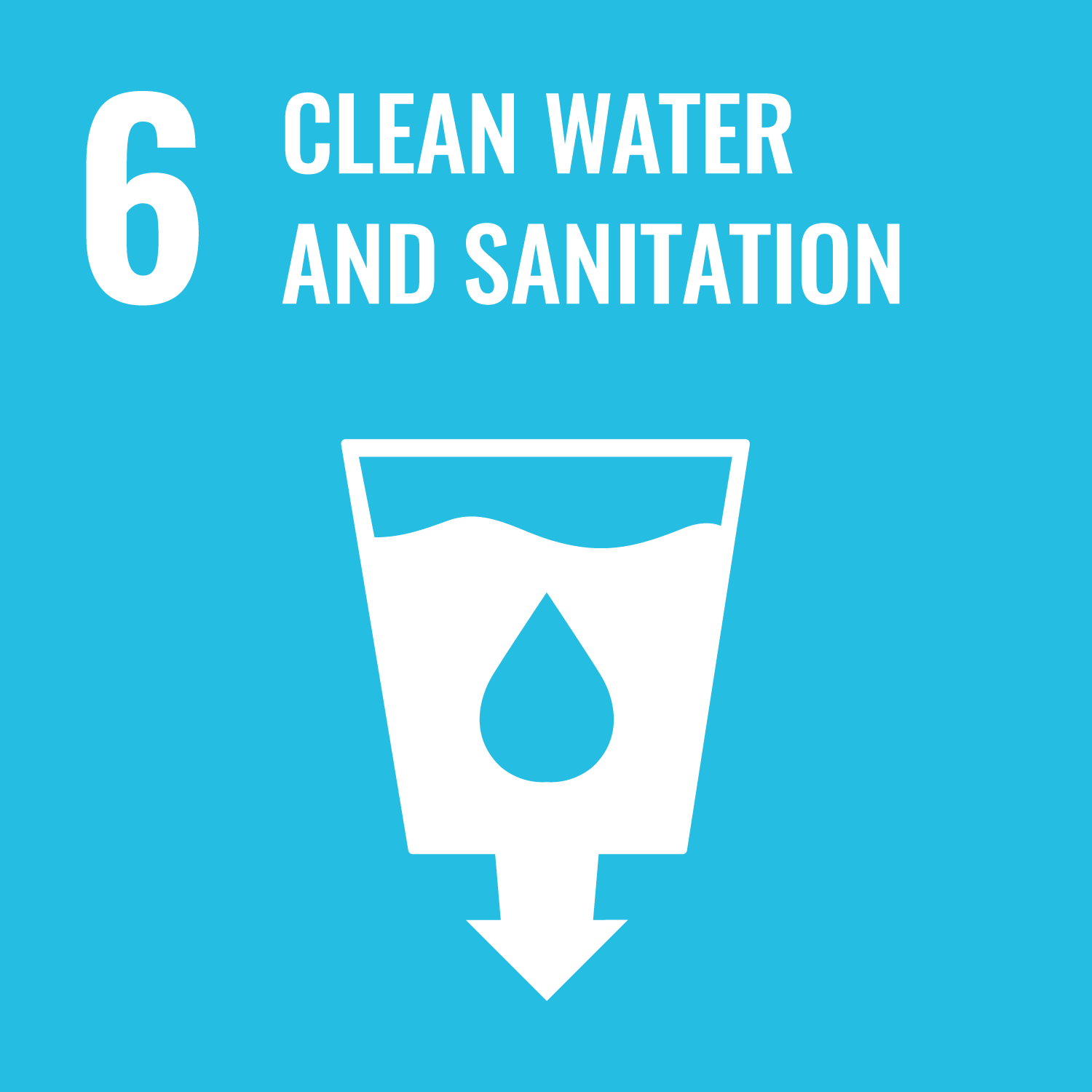This paper was prepared by Edge Effect as part of our Technical Expert role in the Water for Women Fund. This paper considers the ways in which the COVID-19 crisis has exacerbated pre-existing marginalisation of and discrimination against people with diverse sexual orientations, gender identities and expressions, and sex characteristics (SOGIESC) especially within the water, sanitation and hygiene (WASH) space.
The guidance note aims to enable WASH practitioners to better meet the needs of people with diverse SOGIESC during the COVID-19 pandemic. The paper opens with an analysis of the consequences of common experiences of discrimination through the prism of COVID-19. The paper then provides brief case studies before offering key considerations for transformative sexual and gender minority inclusion. The paper concludes with specific recommendations for different types of WASH projects before offering additional resources.
WfW_EdgeEffect_Guidance-Note_COVID-19-WASH-SGM-Inclusion-FINAL







